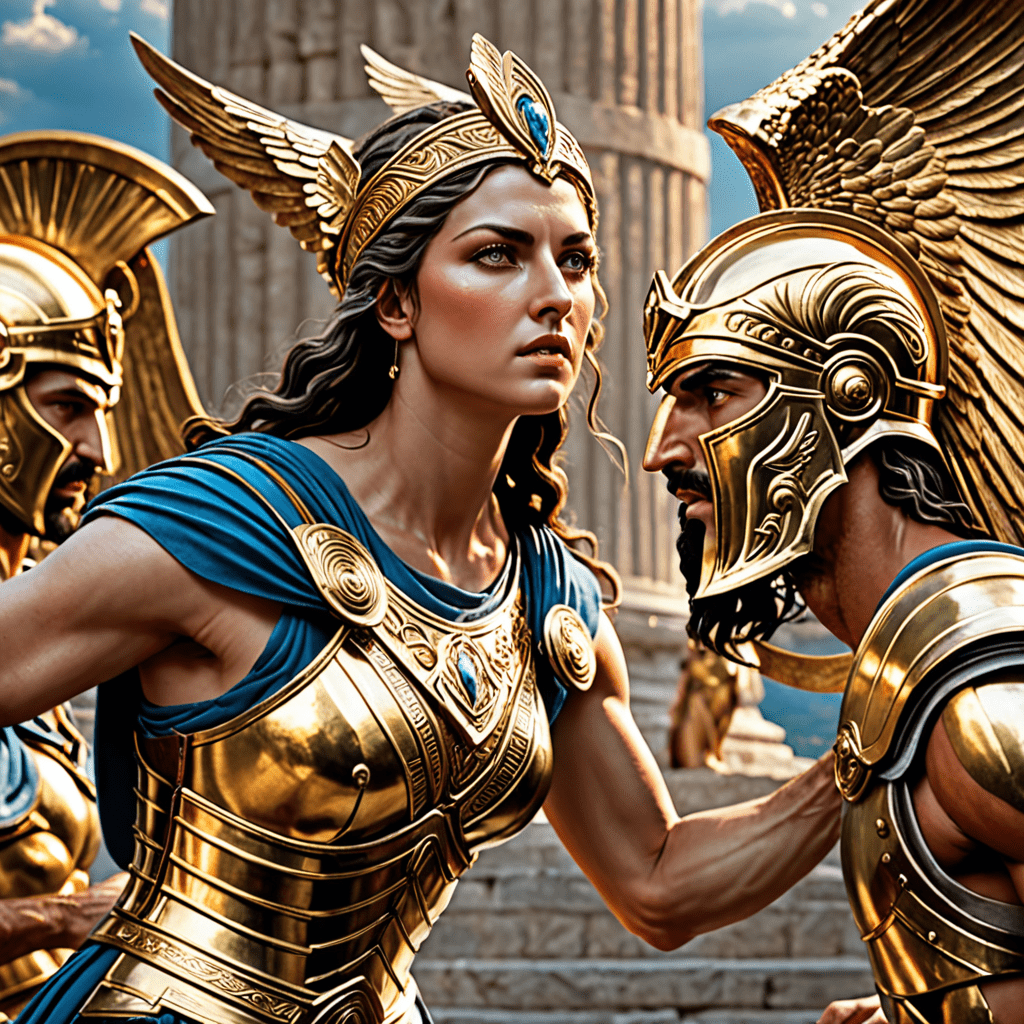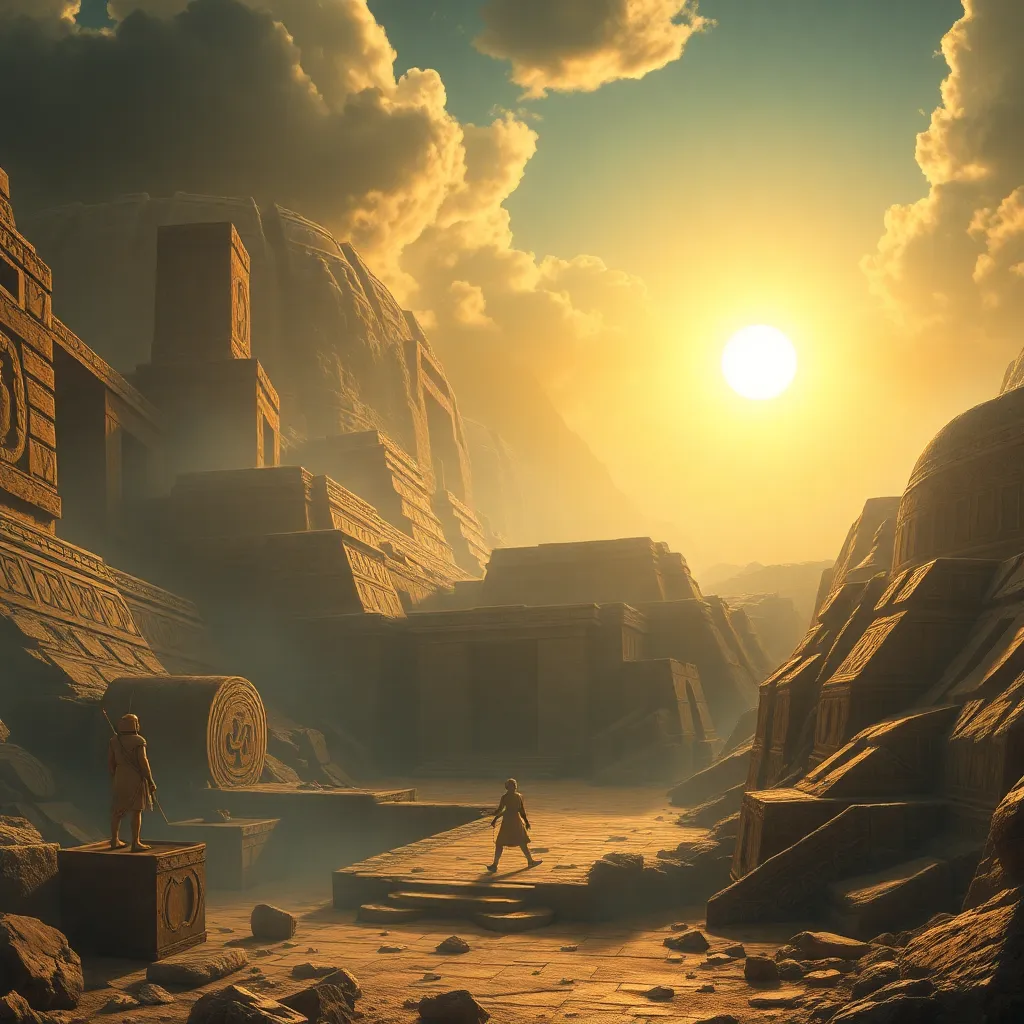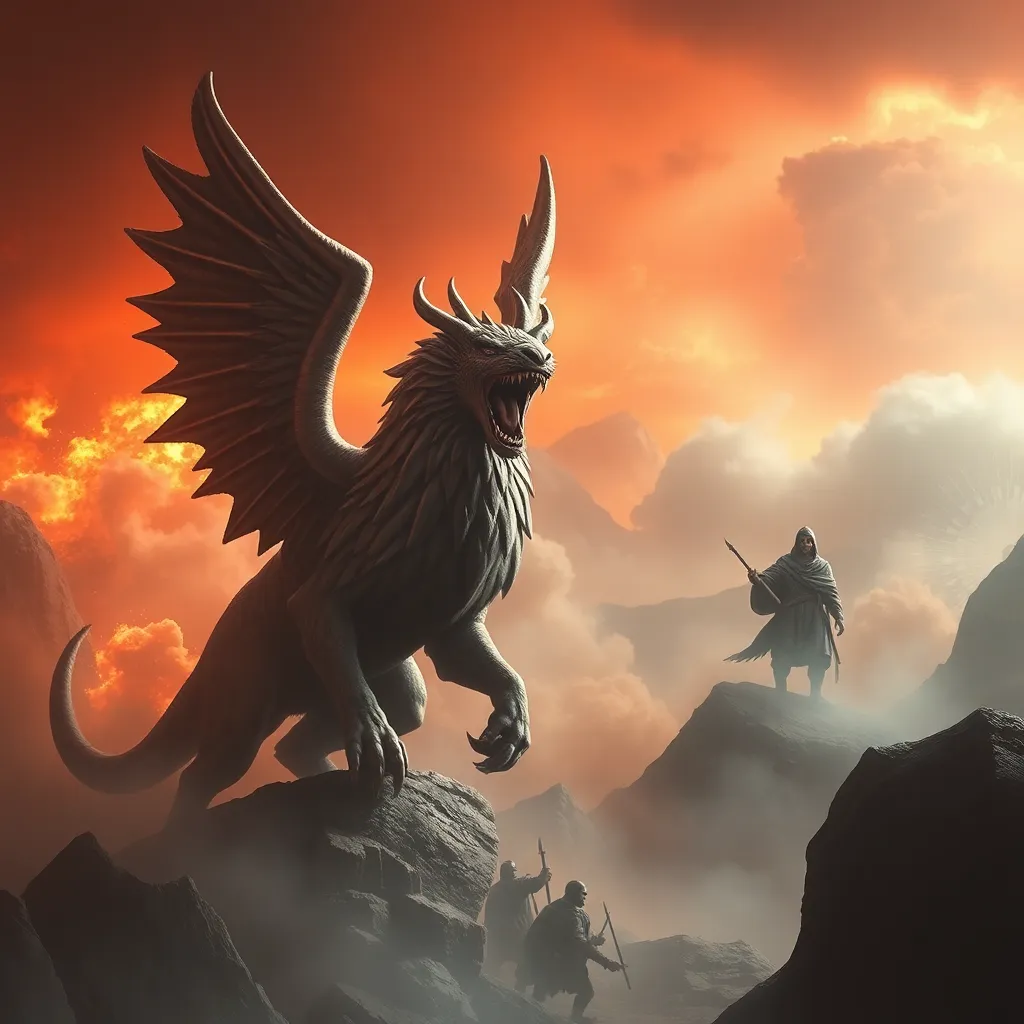Greek Mythology and the Concept of Protection
Greek mythology is rich with fascinating tales of gods, goddesses, and legendary creatures that have captivated audiences for centuries. Among the various themes and motifs found in Greek mythology, the concept of protection is a recurring element that adds depth and nuance to these ancient stories. Let’s explore how protection is depicted and valued in Greek mythology:
1. Divine Protection in Greek Mythology
In Greek mythology, the gods played a significant role in providing protection to mortals, heroes, and even cities. For example, Athena, the goddess of wisdom and strategic warfare, was often invoked by warriors for her protection and guidance in battle. Similarly, Apollo, the god of the sun, light, and healing, was believed to offer protection from various ailments and diseases. These divine figures symbolized different forms of protection and served as guardians in times of need.
2. Mythological Entities as Protectors
Apart from the gods and goddesses, Greek mythology is replete with stories of mythical creatures and beings that functioned as protectors. The most iconic of these entities is the Sphinx, a creature with the body of a lion and the head of a human, known for guarding the city of Thebes and posing riddles to travelers. Griffins, a hybrid of a lion and an eagle, were also believed to protect treasures and act as guardians in ancient mythology. These mythical beings embodied the concept of protection in their roles as vigilant sentinels.
3. Heroes and Their Quests for Protection
Greek mythology is dotted with legendary heroes such as Hercules, Perseus, and Theseus, who embarked on perilous quests in search of protection for themselves or others. These heroes faced trials, battled formidable foes, and sought the aid of deities to safeguard their loved ones and kingdoms. Their narratives highlight the importance of courage, resilience, and sacrifice in the pursuit of protection and defense against adversity.
4. Symbolism of Protective Amulets and Talismans
In Greek mythology, the use of protective amulets, charms, and talismans was common practice to ward off evil forces and ensure safety. The Gorgoneion, an image of the Gorgon Medusa’s head, was believed to possess protective powers against malevolent spirits. Likewise, symbols such as the evil eye bead and the caduceus held symbolic meanings of warding off harm and providing protection to the wearers. These talismans reflected the ancient Greeks’ belief in the power of symbolism and ritual for safeguarding themselves and their communities.
Overall, Greek mythology provides a rich tapestry of stories that delve into the multifaceted concept of protection, encompassing divine intervention, mythical guardians, heroic journeys, and symbolic talismans. The enduring appeal of these tales lies in their exploration of human desires for safety, security, and resilience in the face of the unknown and the unpredictable.
FAQs About Greek Mythology and the Concept of Protection
What role did Greek Mythology play in the concept of protection?
Greek Mythology often featured gods and goddesses who were believed to offer protection to individuals, cities, and even entire civilizations. Deities like Athena, the goddess of wisdom and warfare, and Apollo, the god of light and music, were revered for their protective attributes.
How did Greek Mythology influence the idea of seeking protection through rituals?
In ancient Greece, rituals and sacrifices were common practices to appease gods and seek their protection. Individuals would offer prayers, perform ceremonies, and make offerings to specific deities associated with protection, such as Hermes, the messenger god who also safeguarded travelers.
Which mythical creatures in Greek Mythology were associated with protection?
Creatures like the Sphinx, known for guarding the entrance to Thebes and posing riddles to travelers, and the Griffin, a symbol of strength and protection, were prominent in Greek Mythology. These beings were often depicted as protectors or guardians in various myths and legends.
How did Greek heroes seek protection in their quests and adventures?
Greek heroes, such as Perseus and Heracles, often sought the aid of gods and goddesses for protection during their epic quests. These heroes would invoke the help of deities like Zeus, the king of the gods, or



